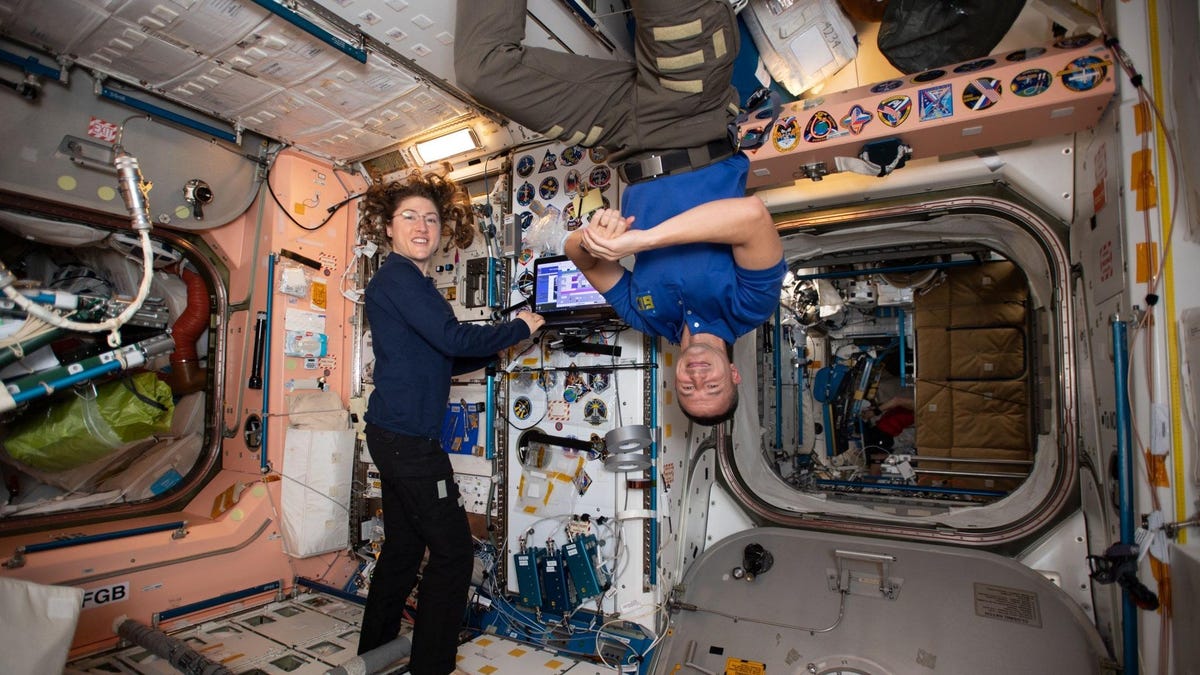The International Space Station (ISS) is home to crews of astronauts conducting research in low Earth orbit, but it also hosts a group of mutated bacteria that are thriving under the harsh conditions of space.
A group of researchers took a closer look at bacterial strains on board the ISS and found that they had mutated to a different form that’s genetically and functionally distinct from their Earthly counterparts. In a new study published on PubMed, scientists suggest that bacteria in space becomes more resistant to treatment or drugs, and are able to openly persist in the microgravity environment in abundance.
Over the past two decades, the ISS has hosted nearly 300 astronauts. Although astronauts tend to travel light, they do unintentionally bring their microbes with them to space. As a result, a unique microbial population has grown on the space station. In 2019, researchers conducted the first extensive survey of bacteria and fungi on board the ISS, and found a whole bunch of microorganisms living among the astronauts.
The bacteria that live on the ISS enjoy different conditions than those found on Earth, and they are influenced by different factors like ventilation, humidity, air pressure, as well as the number of astronauts on board the station. The extreme environment in space also exposes the bacteria to microgravity, radiation, and elevated levels of carbon dioxide. As a result, the microorganisms have to adapt in order to survive.
The researchers behind the new study focused Enterobacter bugandensis, isolating 13 strains of the bacterial species from the ISS for analysis. E. bugandensis is associated with the human gastrointestinal tract, and the species is known to be highly adaptable and can take advantage of unusual conditions to infect a host. The bacterium has been linked to severe clinical infections, namely neonatal sepsis (a blood infection found in infants younger than 90 days).
The study found that under stress, E. bugandensis mutated to become more resistant to antimicrobial treatment. Also, the bacterial species was found to coexist with multiple other microorganisms, and in some cases may have helped those other organisms survive. E. bugandensis’ behavior in the microgravity environment might lead to its dominance on board the ISS, according to the study.
It’s not clear how the space bacteria may affect the health of astronauts on the space station, but the authors of the paper call for preventive measures to help mitigate the effects of the mutated species. It’s also unclear whether these mutated, drug-resistant microbes pose a risk to humans on Earth. Given this discovery, it’s crucial to consider the emergence of germs in space that would likely not occur under Earth’s conditions.
For more spaceflight in your life, follow us on X and bookmark Gizmodo’s dedicated Spaceflight page.







